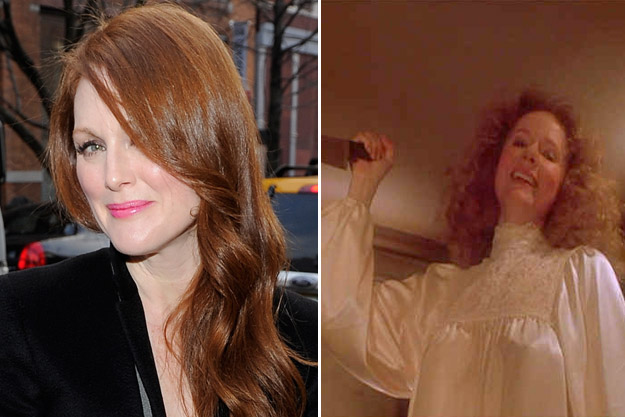I’m even more excited than usual to be writing a review of this British-made Second World War drama because not only does it tell an incredible story based on actual wartime events but also because it follows on rather satisfyingly from an earlier article I scribbled entitled ‘Podcasts – an alternative to bad TV’. For it was while listening to a podcast from the unfailingly listenable Sarah and Deblina from ‘Stuff You Missed In History Class’ that I learned all about “Operation Mincemeat” – a highly devious and clandestine plan British Intelligence cooked up in 1943 to deceive the Nazis into thinking a planned Allied invasion of Sicily would take place elsewhere.
The Man Who Never Was was made in 1956 and, directed by that stalwart of British cinema Ronald Neame, it tells how that deception was accomplished. Neame produced such celebrated pictures as Brief Encounter, Great Expectations and Oliver Twist in the 1940s before turning director in ’47 and delivering such cinematic gold as Tunes of Glory, The Prime Of Miss Jean Brodie and The Poseidon Adventure. His career, from humble assistant cameraman on the first ever “talkie” made in England went on to span six decades and he was awarded the CBE in the 1996 Queen’s Birthday Honours List for his services to the film industry.
The film is based on the book of the same name by Ewen Montagu who, while serving as a Lt. Cmdr. in Naval intelligence during WWII was responsible for conceiving “Operation Mincemeat”. Clifton Webb portrays him in the picture. The premise of the story is that in order to attempt to divert German forces away from Sicily, an invasion of which the Allies have planned in order to open up the Mediterranean to Allied shipping, a deception is needed to convince the Germans that the Allied objective is really Greece and Sardinia.
“Operation Mincemeat” came into being when an idea was suggested to Montagu early in 1943 that if a dead man carrying top-secret documents which contained intelligence about a fake invasion was to fall into enemy hands and that if those documents were convincing enough to be believed, the Germans might move part of their forces from Sicily to Greece and Sardinia, thereby sparing the lives of countless Allied troops during the real invasion. Of course, even if the plan was given the green light by his superiors, where would Montagu get a dead body and if he did, what of the moral dilemma? After all, “Every body belongs to somebody and it isn’t a thing people want messed about” runs a line in the film. Also how would Montagu convince the Germans that the dead body was the sort of person who would be carrying such sensitive documents and equally, how would he convince them that the documents themselves are genuine etc etc? It’s almost guaranteed that the German High Command would investigate the man and the documents for authenticity.
It’s an absolutely fascinating story and the film does a great job of re-telling it. The lengths that Montagu and his small team go to to create a fictitious “life” for the corpse that they acquire is extraordinary – the dead body belonged to a Welsh man named Glyndwr Michael in life but then became Captain William Martin of the Royal Marines in death. Even though the film adds just a little fictitious sparkle to proceedings, the level of detail written into the screenplay lends the film a great sense of realism. The pace throughout the hundred or so minutes of the movie is steady rather than spectacular but it promotes genuine intrigue and it builds to a wonderfully tense conclusion thanks to the introduction of an Irish spy played by Stephen Boyd. Although this latter character was a complete fabrication, Montagu later said he was happy with it because despite the fact that there wasn’t a spy involved, there may well have been.
“A dead man goes to war!” cried one of the taglines that went with the film upon its release and with that, I’ll reveal no more as to how exactly that happens – it’s definitely worth checking out. But I will say that the cast is top notch – lots of familiar faces from a golden age of British cinema including Laurence Naismith, Geoffrey Keen and Michael Hordern while Ewan Montagu himself has a cameo role of an Air-Vice Marshal. There’s even a romance entwined within the plot which, as you will see, becomes a crucial subplot to maintaining the deception’s secrecy.
All in all, it’s a terrific film telling a fantastic and extraordinary true story. I shall end by simply saying you never what you can learn from podcasts. I knew nothing about this covert operation until a few days ago but now I’m all the more educated for learning about it and to see it told well in a film is a satisfying bonus. Thanks Sarah and Deblina from ‘Stuff You Missed In History Class’. I eagerly await your next episode.



